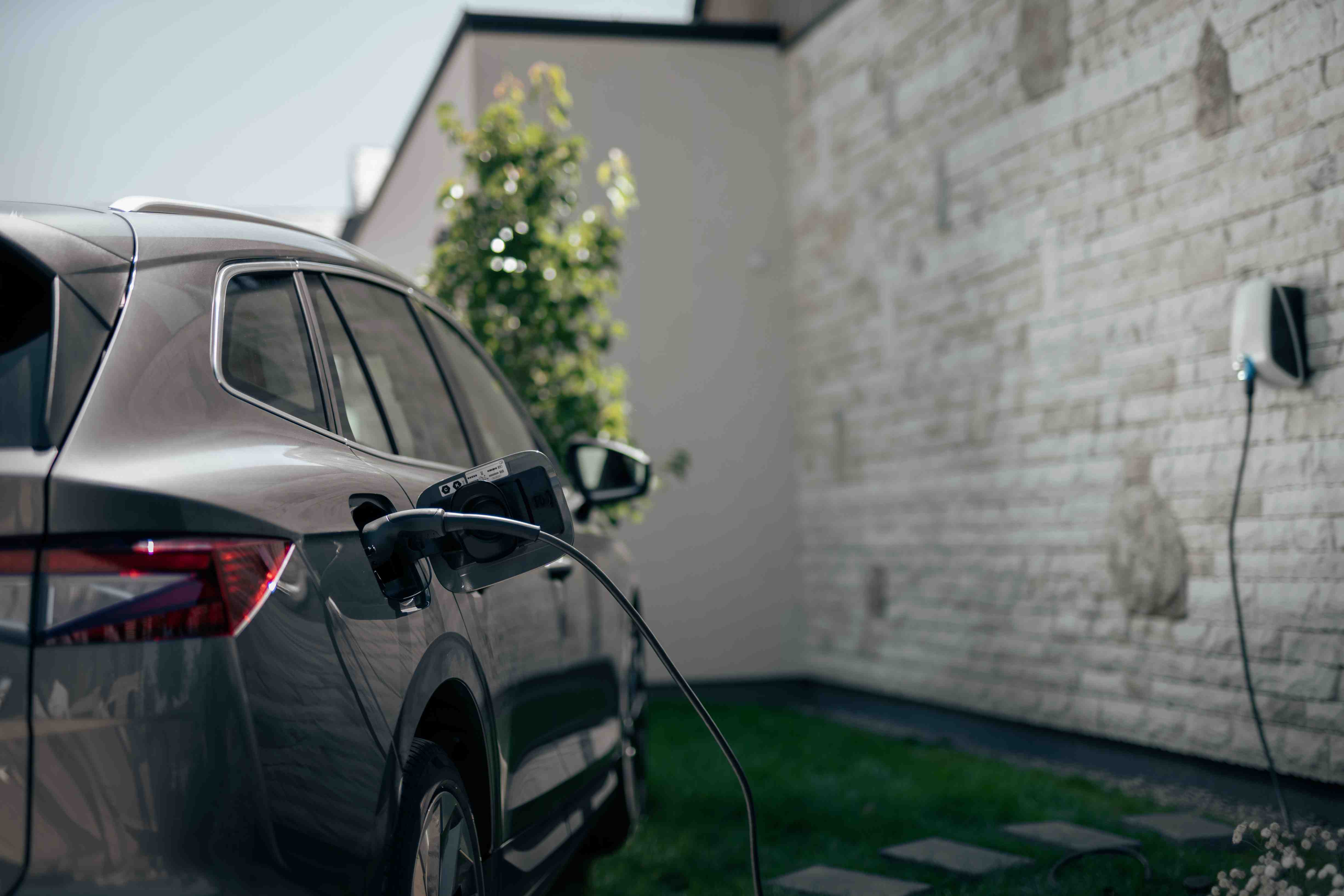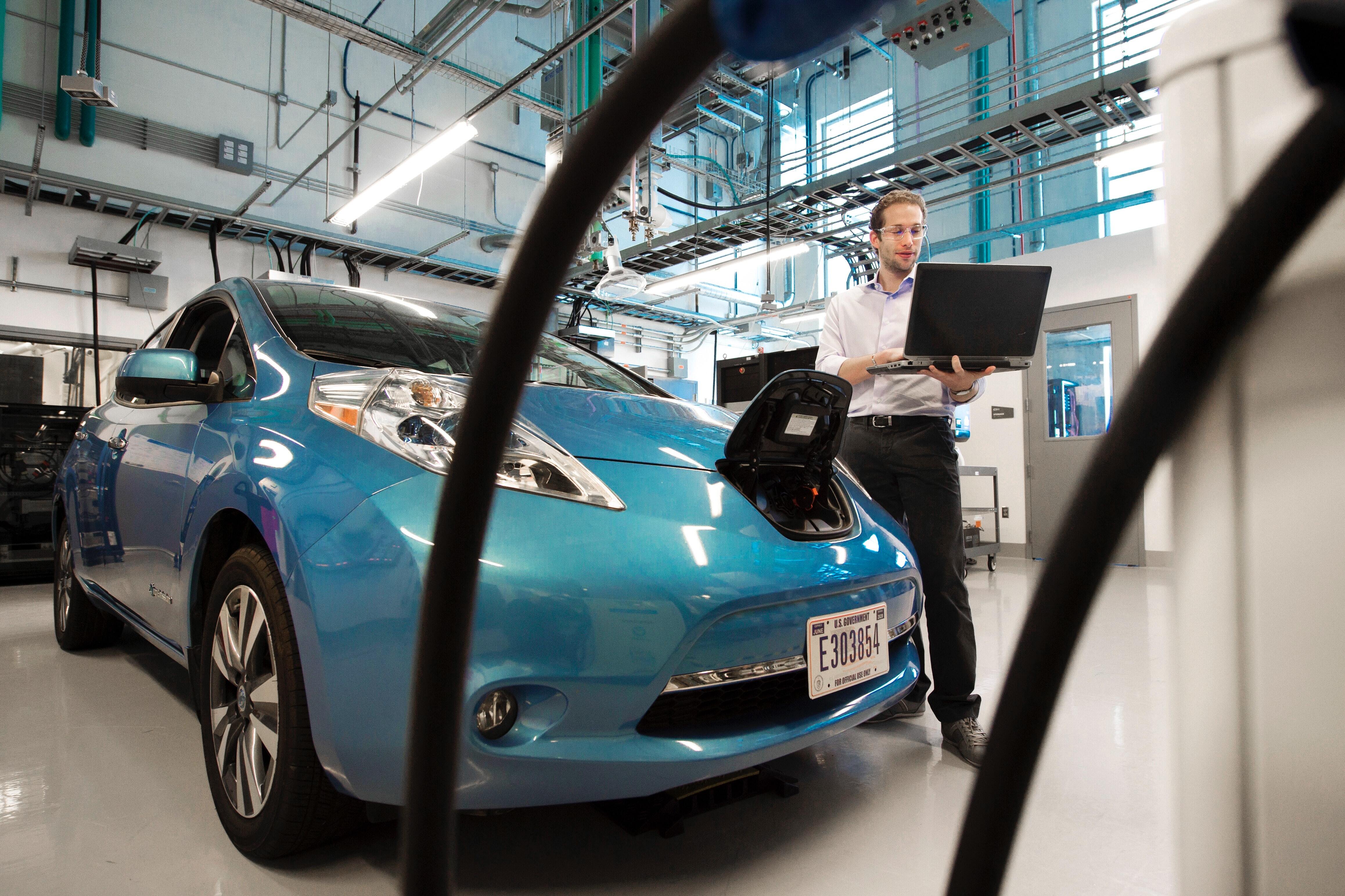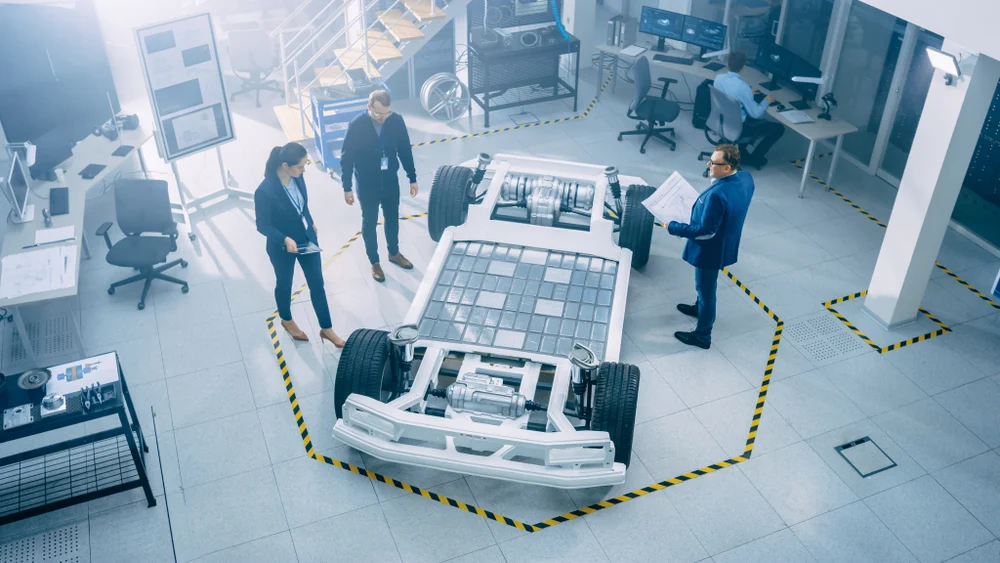Electric Car Battery Life Is More Resilient Than You Think
Electric vehicles (EVs) have never been more popular than today. Globally, EV sales exceeded 10 million in 2022, and with over 2.3 million electric cars sold in the first quarter of 2023, sales are expected to grow strongly through 2023.
Despite this rapid growth, many drivers still have concerns, particularly regarding the longevity of EV batteries. One of the most common worries among potential EV buyers is the fear that the battery will fail prematurely, with 33% of respondents citing this concern in our recent Mobility Monitor research.
While it's understandable, especially given our experience with phone and laptop batteries degrading over time, EV batteries are designed to be far more durable. In fact, they're built to last longer than the vehicle itself and can even find a second life after their initial use.
This article aims to address common misconceptions about EV battery life, explain how long they typically last, and offer practical advice for maximizing their lifespan.

Battery Life of Electric Cars: The Understandable (Yet Misplaced) Lack of Trust
Batteries are part of our daily lives—whether in phones, laptops, or even electric toothbrushes. We’re all familiar with the feeling of a device’s battery losing capacity over time. It’s natural, then, that we’d worry about the same with electric car batteries.
Let’s take a closer look at how EV batteries work and why these fears may be unfounded.

What Are Electric Car Batteries Made Of?
A typical electric car battery consists of thousands of lithium-ion cells, which are connected to form the vehicle’s battery pack. These batteries are known for their high energy density, efficiency, and low maintenance requirements.
However, like all batteries, they do degrade over time. The cells lose some of their ability to hold charge, which can lead to a gradual reduction in overall battery capacity.
Electric Car Battery vs Phone Battery
Unlike your phone or laptop, which can lose up to 20% of their capacity within a few years, EV batteries are designed to last much longer. They also operate differently, with less frequent charging and built-in systems that help protect them from degradation.
For example, EV batteries don’t need to be charged as often as smaller devices. With the average distance driven in the EU, a typical EV can last multiple days without needing a charge.
Additionally, EVs come equipped with a battery management system (BMS), which helps regulate charging and discharging to minimize wear on the battery cells.

Â
EV Battery Life: How Long Do Batteries Last in Electric Cars?
According to industry estimates, EV batteries are projected to last between 100,000 and 200,000 miles, or approximately 15 to 20 years.
Even when batteries age, their large initial capacity means the loss in performance is usually minimal. On average, EVs are estimated to lose about 2.3% of their battery capacity per year. So, if you buy an EV with a 240 km range, you might only lose about 27 km after five years.
Looking at real-world examples, Nissan has been selling EVs for over a decade, and according to executive Nic Thomas, almost all of their batteries are still in use. Tesla also reports that its vehicles can last up to 200,000 miles in the US and 150,000 miles in the EU.
This is significantly longer than the average lifespan of a car, which is around 12 years. Plus, most manufacturers offer 8–10-year warranties on their battery packs, ensuring free replacement if needed.

How to Extend the Battery Life of Your Electric Car
Over the past few decades, lithium-ion battery technology has advanced significantly. Improvements have extended battery life, increased safety, and reduced weight and cost. However, proper care can further enhance their longevity.
EV Battery Charging Best Practices
1. Avoid Charging Every Night
Charging your EV every night, even partially, puts stress on the battery. Over time, this can reduce its capacity. To avoid this, only charge when necessary and avoid plugging in immediately after returning home.
2. Keep Charge Between 20% and 80%
Frequently charging to 100% or letting the battery drain completely can shorten its lifespan. It’s best to keep the charge between 20% and 80%, avoiding full charges unless needed.
3. Control the Optimal State of Charge During Long Storage
Leaving your EV parked with a full or empty battery can cause degradation. If you won’t be using your car for a long time, it’s recommended to keep the battery between 25% and 75%. Smart charging stations can help manage this automatically.

How Much Does an Electric Car Battery Cost?
The battery is by far the most expensive component of an electric vehicle. Current estimates place the cost of a battery pack between $10,000 and $12,000, or about $150 per kWh, according to the IEA Global EV Outlook 2023.
Battery prices have decreased significantly over the past few decades due to technological advancements and increased efficiency. For example, manufacturing costs now account for about 20% of total battery cost, down from over 30% a decade ago.
However, cell production costs rose in 2022, returning to 2019 levels due to rising material and electricity prices. Analysts expect prices to drop again in 2024 as lithium supply increases, with projections suggesting average pack prices could fall below $100/kWh by 2026.
Are Electric Car Batteries Recyclable?
When EV batteries reach the end of their life, what happens next? This is a growing environmental concern, but recycling is not the only option. Many batteries can be repurposed for other uses before they need to be recycled.
For instance, old EV batteries can be used for energy storage in homes or the grid. Companies like The Mobility House have already implemented systems that use retired battery packs to stabilize energy demand.

What Happens to Old Electric Car Batteries?
One of the main secondary uses for old EV batteries is electricity storage. They can help balance renewable energy sources and ensure a stable power supply.
For example, The Mobility House has successfully used retired Nissan Leaf battery packs to manage energy peaks at the Johan Cruijff ArenA in Amsterdam.
Recycling Electric Car Batteries
Once batteries no longer serve a functional purpose, recycling becomes an option. While recycling lithium-ion batteries is challenging, advances in technology are making it more efficient. Some methods can recover up to 95% of the raw materials.

Discover More About EV Charging
Battery lifespan is one of the top considerations for those thinking about switching to an electric vehicle. Fortunately, modern EV batteries are designed with longevity in mind and are likely to outlast the vehicle itself.
If you're considering going electric, you might have more questions about EVs and charging. Check out our detailed EV charging guide to learn everything you need to know about electric vehicle charging.
Â
Subscribe to our newsletter: The Current for exclusive insights on all things electric mobility, right to your inbox.
Â








